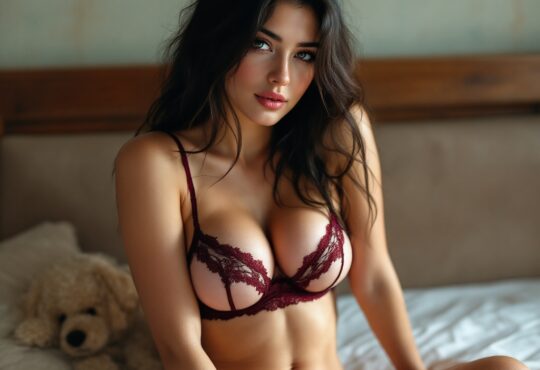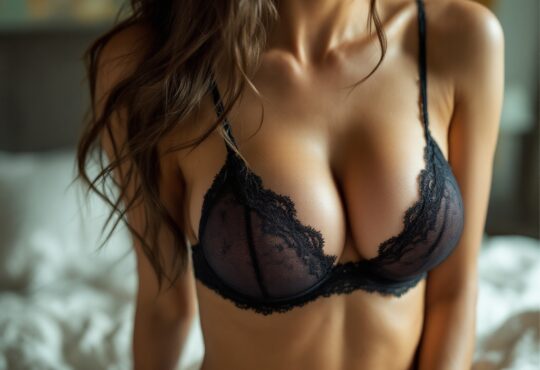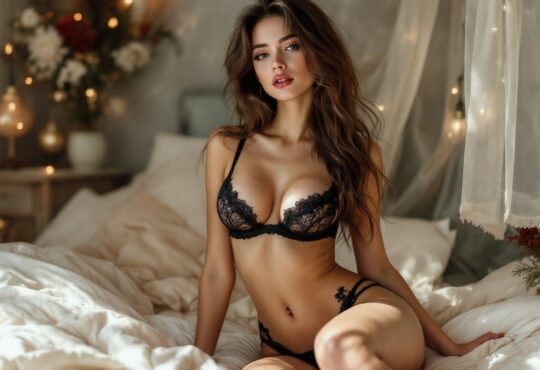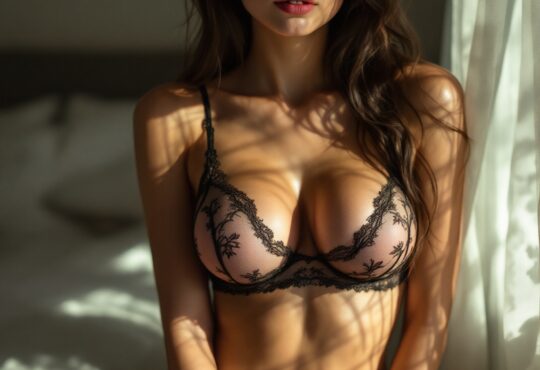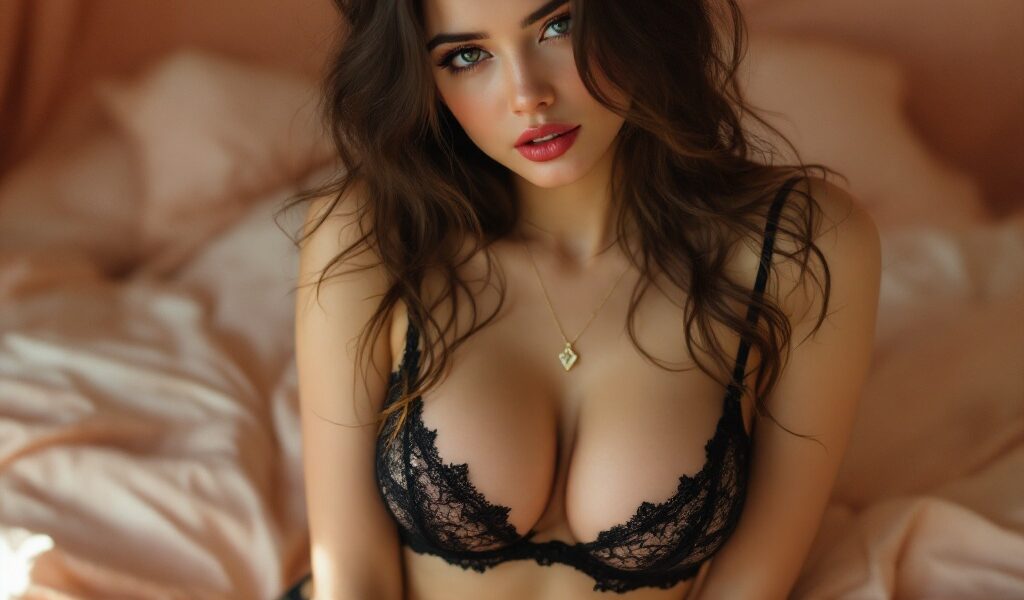
Deep Nude AI: An Artistic Revolution or a Legal Nightmare?
As artificial intelligence continues to reshape various sectors, its influence on art is both fascinating and challenging. One of the most controversial inventions to emerge in recent times is a technology known as Deep Nude AI. This software is capable of generating lifelike nude images from photographs of clothed individuals, and its implications extend well beyond the realm of art. The debates surrounding Deep Nude AI encapsulate a broader conversation about creativity, ethics, and the law in the digital age. As we delve deeper into this complex topic, it’s essential to grasp the intersection between innovation and responsibility, creativity and consent. This exploration invites us to consider whether Deep Nude AI is paving the way for a new artistic medium or creating a legal minefield fraught with peril.
Understanding Deep Nude AI
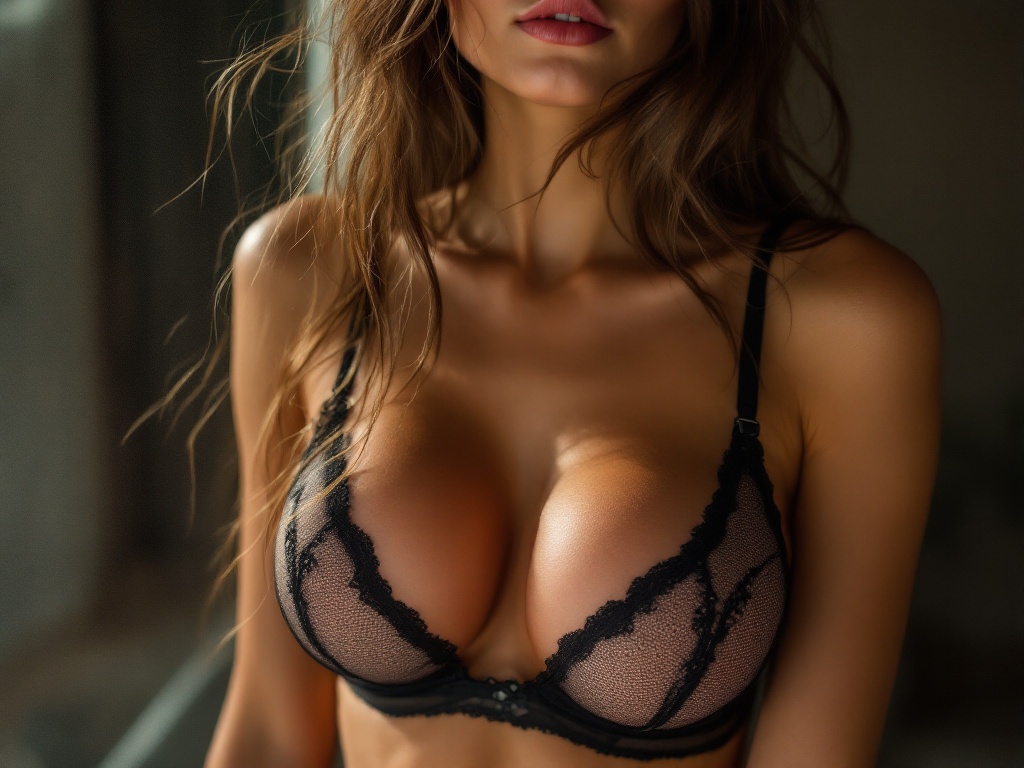
Deep Nude AI signifies more than just a technological marvel; it’s a symbol of the rapid advancements in artificial intelligence and its ability to manipulate reality. Employing deep learning algorithms, this AI analyzes clothed images and reconstructs them, resulting in strikingly realistic nude representations. The process involves vast datasets and intricate neural networks, which work together to simulate human-like understanding of image composition. However, the complexity of this technology is often overshadowed by the ethical and legal ramifications it brings to the forefront. Understanding these aspects is crucial for anyone engaging with this new artistic domain. The question arises: does the capability to create such images enhance artistic expression or undermine it?
At the core of Deep Nude AI lies an intricate web of deep learning models, which render it capable of producing synthetic images from existing ones. This technology is engineered to recognize patterns and structures within images, allowing it to generate content that appears organic. Moreover, the AI’s advances in image processing have blurred the lines between art and reality, raising concerns about the authenticity of digital creations. By understanding how Deep Nude AI functions, we can appreciate both its potential and its pitfalls. This poses questions not only about the nature of art but also about intellectual property rights and personal privacy. The discussion surrounding Deep Nude AI emphasizes the importance of navigating new technological landscapes cautiously. It is essential to weigh the benefits against the ethical and legal implications it entails.
The Artistic Perspective
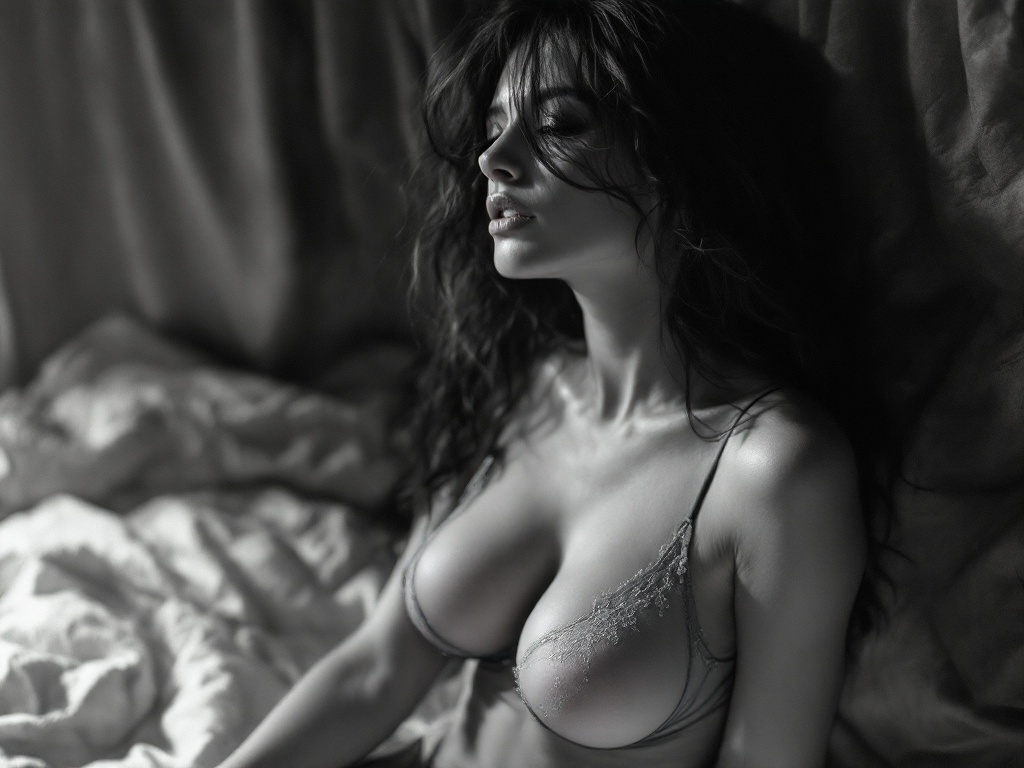
Some artists have embraced technologies like Deep Nude AI as innovative tools that extend their creative capabilities. Much like photography and digital art transformed the artistic landscape before it, this AI represents a new medium. It permits unique forms of expression that may not have existed prior, prompting artists to explore uncharted territories of imagination. Yet, it presents a dichotomy where artistry is also at risk of being seen as mere replication, leading to questions of originality and authenticity. While usage of such technology offers unprecedented creative freedom, it also ignites fear that art may lose its intrinsic value. Artists are challenged to delineate between inspiration drawn from existing works and the potential for mere mimicry. The role of AI in art begs the question: are we crafting something entirely new, or are we skirting the boundaries of ethical artistry?
As the dialogue progresses, it’s vital to consider the historical context of technology’s influence on art. Throughout history, artists have incorporated new technologies into their work, pushing creative boundaries. Below are some pivotal technological advancements that have altered the art landscape:
- The invention of photography in the 19th century
- The rise of digital photography in the late 20th century
- The development of computer graphics and animation
- The emergence of virtual and augmented reality in art experience
In this continuum, Deep Nude AI emerges as a compelling tool, yet it amplifies debates on the commodification of bodies and digital manipulation. As we embrace these technologies, we must remain vigilant in understanding how they affect both the artist and the subject. While some may view it as empowering, others may perceive a subtle form of exploitation, particularly concerning non-consensual uses of AI-generated content. Ethical considerations in utilizing such technology necessitate ongoing dialogue as the art community grapples with its dual potential.
Ethical Considerations
The ethical implications of Deep Nude AI cannot be ignored, as they weave through personal, social, and artistic realms. While some individuals see it as a means of artistic freedom, others are quick to point out the potential infringement on personal autonomy. A key area of concern lies in privacy—the capacity to generate nude images without consent can lead to severe emotional and psychological repercussions for individuals. This situation fosters an environment where ethical boundaries seem blurred, challenging both creators and audience members alike.
Non-consensually generated images pose a significant threat to privacy rights, giving rise to heated debates on the ethical use of technology. Some key concerns include:
- Objectification of individuals leading to a culture of exploitation
- Potential for harassment and cyberbullying
- Legal ramifications regarding unauthorized image creation
- Challenges in regulating and monitoring AI-generated content
Addressing these significant concerns is vital for shaping time-sensitive discussions surrounding Deep Nude AI and similar technologies. Society must tread carefully, prioritizing respect for personal dignity while allowing for technological advancement. Balancing creativity and responsibility will be an ongoing challenge as cultural conversations evolve.
The Legal Ramifications
The advent of Deep Nude AI leads to an intricate legal landscape that must be navigated carefully. It raises complex questions regarding intellectual property, consent, and the ownership of digital content. Existing laws often struggle to keep pace with technological advancements, resulting in gaps that both creators and subjects must wrestle with. Various legal jurisdictions may apply different standards to the use and distribution of AI-generated images, introducing layers of ambiguity into the discussion.
To understand the current legal situation regarding Deep Nude AI, it is insightful to examine key elements that are often contested:
| Legal Aspect | Description |
|---|---|
| Intellectual Property Rights | Who owns the rights to AI-generated images? Are they considered original works? |
| Consent | Is it permissible to create images without individual consent? How is ‘consent’ defined in digital contexts? |
| Distribution Regulations | What laws govern the sharing of AI-generated content? Are there penalties for misuse? |
These legal frameworks are still developing, highlighting a significant need for ongoing discussions about regulations surrounding Deep Nude AI. As technology continues to advance at a breakneck pace, a vigilant approach is imperative to safeguarding individual rights and encouraging responsible creativity. Future legislative efforts will likely focus on these critical issues.
Conclusion
Deep Nude AI exemplifies a groundbreaking yet contentious chapter in the evolution of art and technology. While it offers artistic opportunities that inspire innovation and creativity, it simultaneously carries a weighty legacy of ethical and legal dilemmas. As society grapples with the implications of such technologies, pursuing a balanced perspective is essential. The conversation surrounding Deep Nude AI is not solely about what is permissible; it demands a reflection on values and responsibilities inherent in artistic expression. By engaging in nuanced discussions, we can forge a path that honors creativity while safeguarding individual rights. In navigating this landscape, society has the opportunity to redefine the future of art in the age of artificial intelligence.
Frequently Asked Questions
- What is Deep Nude AI?
Deep Nude AI is a form of artificial intelligence that generates realistic images of nude individuals from clothed photos. - Is Deep Nude AI legal?
The legality of Deep Nude AI varies by jurisdiction and is still a subject of ongoing debate concerning privacy and intellectual property laws. - How does Deep Nude AI impact artists?
It opens new avenues for creative expression but also raises questions about originality and ethics in art. - What are the privacy concerns associated with Deep Nude AI?
Non-consensual image generation is a significant concern, potentially infringing on personal privacy and dignity. - Are there proposed changes to laws regarding Deep Nude AI?
Yes, there is discussion of legislative changes to better address the implications of AI-generated content, including consent and regulation of technology.
